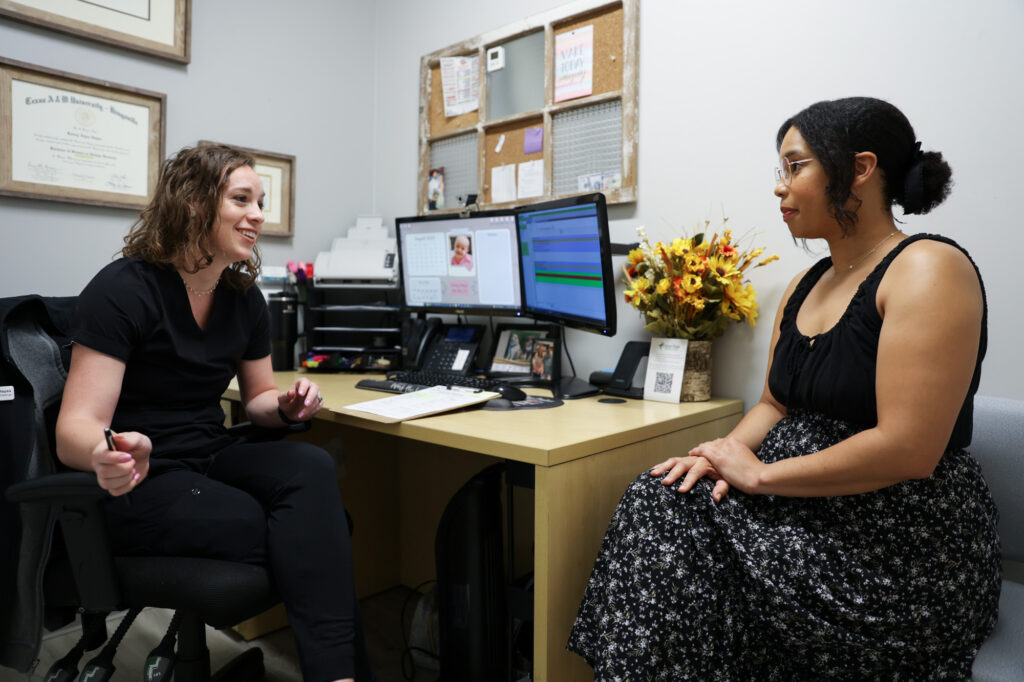
How have you found working with a formal action plan to achieve your goals?
Does checking off a task motivate you? Your experience is important to me, so please share it with me along with anything that you have found useful or even harmful to moving ever forward in your journey of better health.
No matter how well you plan for success, we are all aware that life often gets in the way.
Having a plan gives you a much better chance of success, but there are no guarantees because we just cannot plan for every situation.
But a setback in your plan does not mean that the plan is not working, and you should just give up.
An unexpected party, a particularly delicious treat, a bad cold that keeps you in bed and away from your workout – You just cannot plan for everything.
So what do we do?
I think the old Ben Franklin saying “If you fail to plan, you plan to fail.” Should be amended to “Planning to fail can save your plan.”
Maybe not as catchy as Ben’s but here is my point. In weight loss and building a healthy lifestyle there is so much information available that there is no need to repeat the mistakes people have already made.
Instead, we can use the knowledge gained through other’s experiences to develop contingency plans or “what if” plans. Don’t think that this is just a tactic to deal with a setback. Building contingencies into your plan from the beginning has been shown in over 100 studies to improve the chances of achieving a goal.
It even works in the design of the original plan by using an if-then statement to define the where and when of your plan.
For example, I will exercise at 6:30 PM for 30 minutes on Monday and Friday.
This translates to – if it is Monday, then I am going to exercise.
This is called implementation intention, and studies show that it is pretty powerful.
So let’s take this a little further. Instead of building the if-then statement into the original plan, have a store of contingencies that you act on only when something out of the ordinary happens.
Let’s look at some examples:
IF someone puts donuts in the lunchroom, THEN I will reschedule my lunch for one hour later when the donuts are gone OR – THEN I will go for a walk at lunch OR any number of other healthy alternatives.
Constructs are something that computers and brains really seem to understand. When you write one, your brain unconsciously monitors for the “if” part of the statement. When it occurs, it tries to trigger you to complete the “then” part of the plan.
Because you have thought through and written down all of the common possibilities that could sabotage your original plan and you have a definite plan of how to react, you are much less likely to fall into the trap and suffer a setback.
Okay, now it is time for your challenge and to put contingency planning into effect immediately.
Take the plans that you have been working on and select the one that is most important to you right now. Try to identify the areas that have given you problems in the past. Issues that you have heard about or learned about online or in your education classes. For each situation that you identify write an if-then statement that describes exactly what you will do if the situation occurs.
For example:
IF a coworker invites me to happy hour after work, THEN I will go and drink sparkling water with lime (or any other non-sugar drink you prefer.
IF a coworker pressures me into eating birthday cake THEN, I will say “thank you anyway, but I do not eat cake.”
As a side note research has found that saying “I don’t eat” is more empowering than saying I” can’t eat” – so it is a magic phrase to keep you feeling strong. –good to know.
IF I am feeling anxious, THEN I will practice deep breathing exercises for three full minutes.
There is no right or wrong way to do this challenge.
Just use the if-then formula to write as many contingencies as you can.
Over the next two weeks, monitor how many times you have to use contingencies. Even more important, how many times a situation arose that you had not planned for.
I will see you next time.

